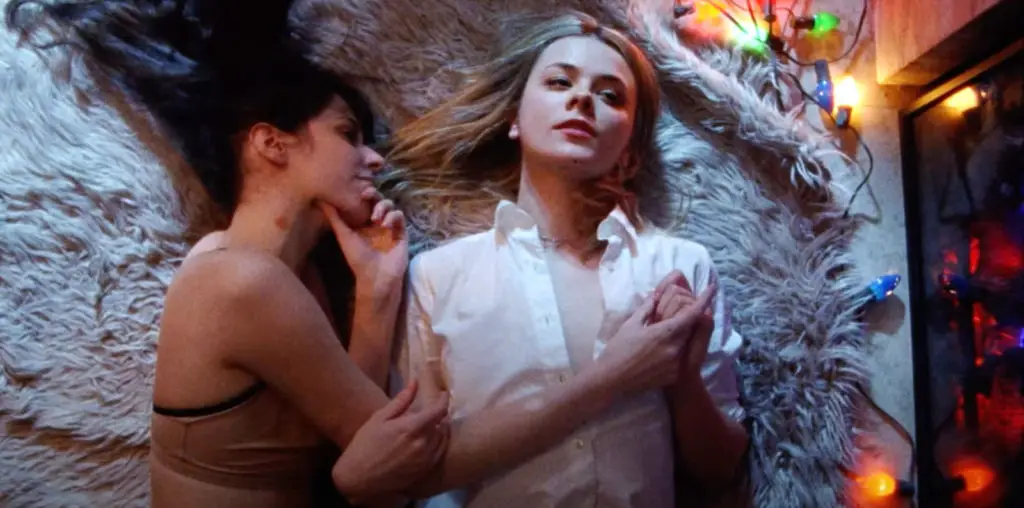
Any film that opens with its protagonist saying directly to the camera, “Oh hey! I didn’t see you there!” courts disaster. That “Two Can Play That Game” turns out to be far from one is less a measure of the efforts of writer-director Mark Brown than his leading lady, Vivica A. Fox, whose considerable charms are able to make the film’s less appealing qualities rather tolerable.
And how fortunate is that, given that two potentially repellent elements lie front and center in the film. First is the excessive breaking of the fourth wall. Main character Shanté Smith (Fox) directly addresses the camera so frequently that the audience can be considered another cast member, playing the best friend/sounding board role. More problematic is the character of Shanté herself. A sexy, successful professional woman, Shanté is also characterized by a self-confidence that creeps dangerously close to off-putting arrogance–particularly in the relationship department, which is the focus of the film. The ostensible plot has Shanté suspecting her boyfriend Keith Fenton (Morris Chestnut) of cheating, and the remainder of the film has her outlining to the audience her allegedly foolproof ten-day plan, which entails lying and all sorts of psychological manipulation, to get any man in gear.
Given her penchant for self-centered scheming, Shanté could have easily come off as an icy bitch. Yet she never does, and that’s a tribute to Fox. Her natural warmth and instant likability adds an invaluable layer of sincerity to the character. While some of the games she plays seem a bit extreme, Fox’s sympathetic portrayal paints the behavior as more misguided than mean-spirited; her Shanté may be a little cocky and deluded, but she clearly has her heart in the right place and does truly love Keith (contributing mightily to the latter is Fox’s convincing chemistry with Chestnut). As deserved as Shanté’s inevitable comeuppance is, Fox is able to connect with the audience so strongly that one cannot help but feel for the character when her strategy starts to backfire.
But “Two Can Play That Game” isn’t all about sweet sentiment. Its bigger concern is simply fun, and Fox and her equally appealing supporting cast lend the familiar proceedings a sassy, spunky zing. Standing out from the pack are Mo’Nique (as one of Shanté’s girlfriends) and Anthony Anderson (as Keith’s co-worker and “coach” in the ways of women), who get the best of Brown’s dialogue in the designated comic relief roles. “Two Can Play That Game” makes no bones about being as insubstantial and disposable a film as one can find, but it’s a cute little trifle that delivers on the good time it promises.

